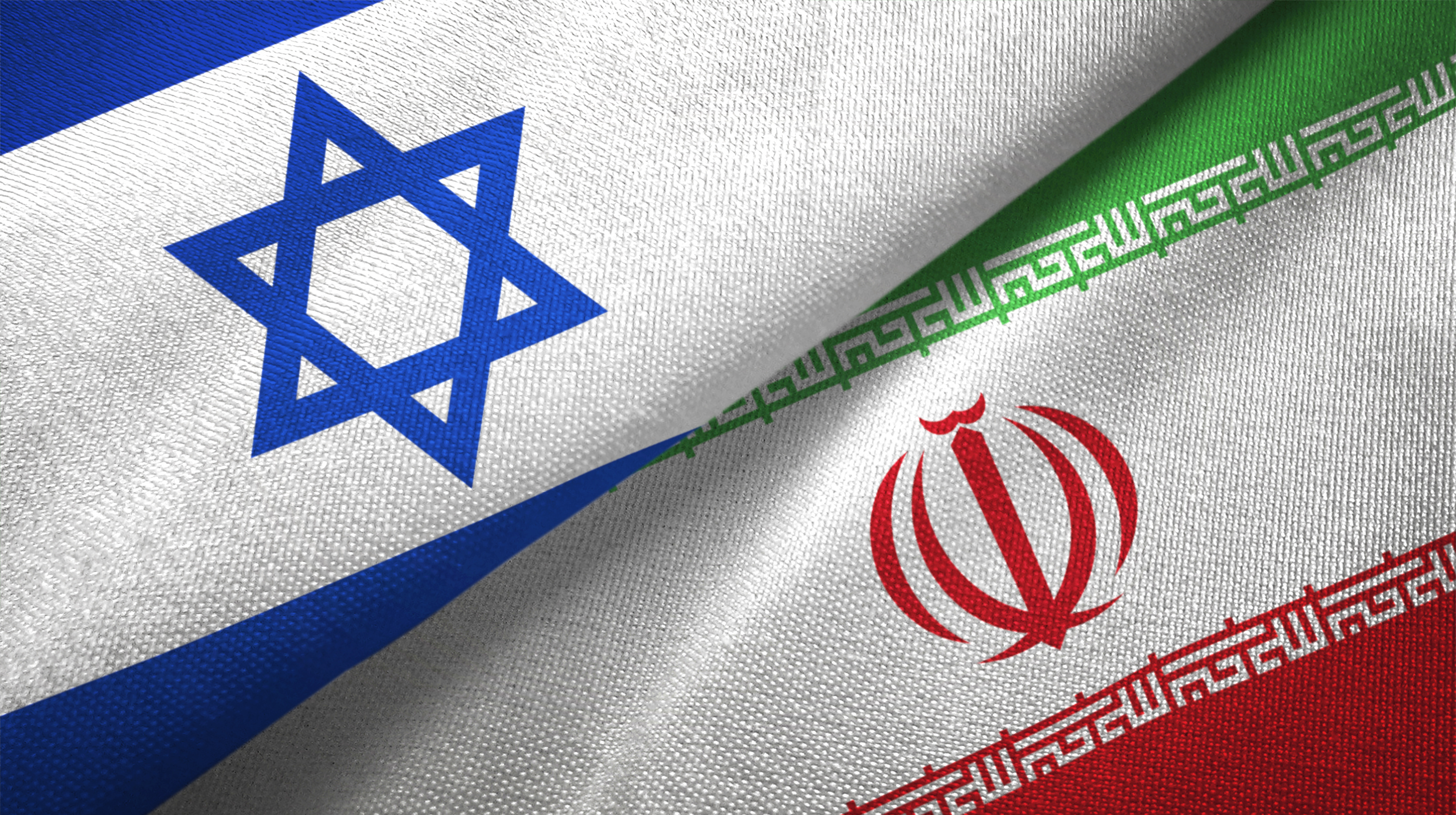
Adding to these suspicions is the earthquake's proximity to key Iranian nuclear facilities. While official Iranian sources have yet to confirm or deny these allegations, the timing and location have set off a wave of discussion. The earthquake occurred amid rising tensions between Iran and Israel, following a missile strike launched by Iran on October 1. Given the strained relations and military posturing between the two nations, the possibility of nuclear tests is being weighed seriously by international analysts, particularly because such activities could dramatically escalate the ongoing confrontation.
Social media platforms have been abuzz with unverified claims, suggesting that this might be an underground nuclear explosion disguised as an earthquake. While no concrete evidence has emerged, the shallow depth and the geological characteristics of the tremor have fueled these rumors. Such speculations are not unprecedented. In the past, seismic activities near known nuclear test sites have often led to similar suspicions, especially in countries where nuclear capabilities are closely guarded secrets.
Israeli intelligence and military experts have reportedly been monitoring Iran's nuclear ambitions closely. With the international nuclear deal with Iran remaining in limbo after its gradual unraveling in recent years, any hint of nuclear activity sends shockwaves through the region. Israel has long viewed Iran's nuclear ambitions as an existential threat, and any evidence of weaponization would likely prompt swift and severe responses.
Observers also note that Iran has been increasingly isolated on the international stage, particularly with the strained relations with the United States. In 2018, the Trump administration withdrew from the Joint Comprehensive Plan of Action (JCPOA), commonly known as the Iran nuclear deal. Since then, Iran has ramped up its uranium enrichment activities, bringing it closer to weapons-grade material. This defiance has raised alarms, especially in Israel, which sees itself as the primary target of any potential Iranian nuclear weapon.
Experts are divided over whether the earthquake was indeed a natural phenomenon or linked to nuclear testing. While some point out that natural earthquakes are not uncommon in the region, the shallow depth of the tremor and its proximity to sensitive nuclear installations cannot be ignored. Geological experts are expected to study seismic data from various monitoring stations to determine if there are any anomalies consistent with underground nuclear detonations.
The timing of the earthquake is also significant, coming just days after a missile strike by Iran that targeted Israeli interests. This attack, along with the earthquake's proximity to a nuclear site, has led to intense speculation about whether Iran might be signaling its nuclear capabilities to deter further escalation from Israel or other regional players.
While Tehran has remained silent on the issue, Israel's Defense Forces (IDF) have been put on alert, with some reports suggesting that military preparations are being made in response to any potential Iranian provocation. The broader international community, including the United States and European Union, is watching these developments closely, as any confirmed nuclear activity would have far-reaching consequences for global security.
The potential of a nuclear arms race in the Middle East is a nightmare scenario for global powers, which have long sought to prevent proliferation in the volatile region. If Iran is indeed pursuing nuclear weapons under the guise of energy development, it could prompt neighboring countries, including Saudi Arabia, to seek their own nuclear capabilities, further destabilizing the region.
The lack of transparency from Iran regarding its nuclear program has only exacerbated these concerns. While Tehran insists that its nuclear ambitions are peaceful and solely for energy purposes, the international community remains skeptical, particularly after a series of disclosures regarding clandestine nuclear activities over the past decade. With Iran continuing to enrich uranium well beyond the limits set by the 2015 nuclear deal, the situation is growing increasingly fraught.
